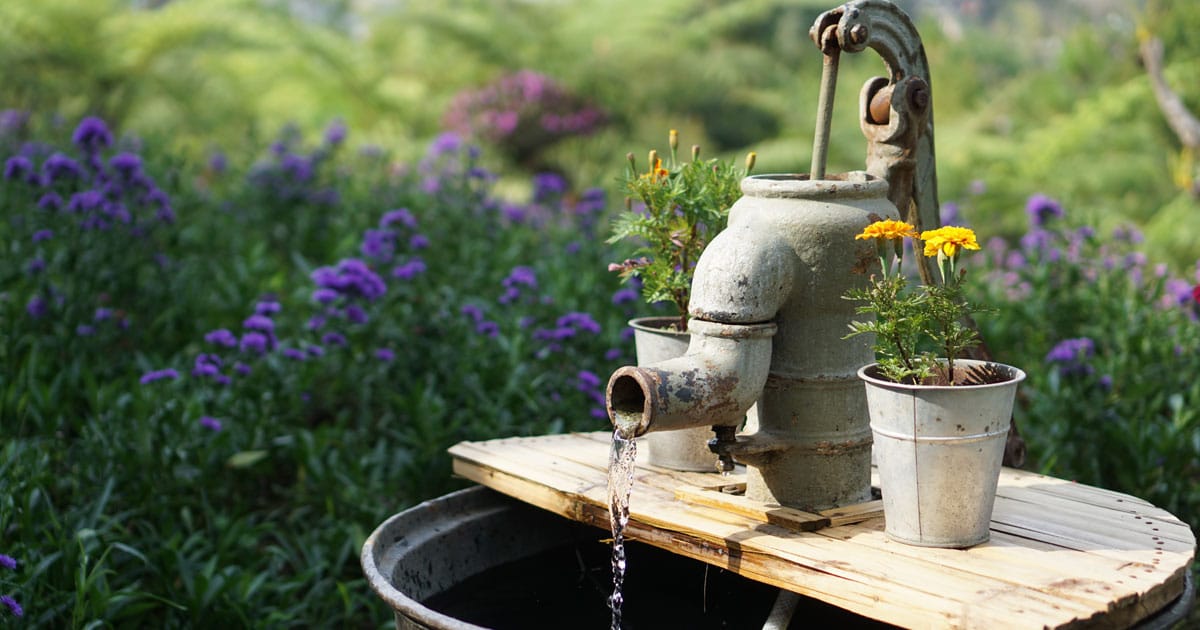Water is essential for human life, and it’s important to drink plenty of clean water every day. However, not all water is the same.
Many people don’t realize that the water they’re drinking might be causing health problems. In this blog post, we’ll discuss the negative effects of hard water and how to fix it.

Continue reading to learn more about the negative effects of hard water and how you can deal with them.
If you’re tired of dealing with overly hard water in your home, you can contact the team at Diamondback; these plumbing professionals can help you address any plumbing issues you’re currently facing.
What exactly is hard water, and why is it bad for your home and appliances?
Hard water is water that has high levels of minerals like calcium and magnesium. High levels of calcium and magnesium can cause a variety of problems in your home, including:
- Build-up on pipes and fixtures, which can lead to clogs and decreased water flow
- Reduced efficiency of household appliances such as water heaters and washing machines
- Difficulty getting soap to lather, which can lead to increased usage and higher bills
Hard water can also cause problems for your skin and hair, leaving them feeling dry and irritated. In extreme cases, hard water can even cause health problems. If you suspect that you have hard water, you should have your water tested by a professional. There are a variety of treatment options available, depending on the severity of the problem.
In some cases, simply switching to a different type of soap may be all that is necessary. In other situations, more extensive treatment may be required.
How can you test to see if you have hard water in your home?
Although most municipal water supplies are treated to remove impurities, hard water is still a common problem in many households.
Hard water is composed of high levels of calcium and magnesium, which can build up in pipes and fixtures, causing everything from minor annoyances, such as soap scum buildup, to major problems, such as reduced water flow. Fortunately, there are a few simple tests that you can use to determine whether or not your water is hard.
First, take a look at your fixtures. If they are covered in a chalky white film, it’s a good indication that you have hard water. Another easy test is to fill a glass with tap water and then let it sit for a few hours. If you see a layer of sediment at the bottom of the glass when you come back, it’s another sign that your water is hard.
Finally, if you find that your soap doesn’t lather easily or that your clothes feel stiff after being washed in hard water, those are also telltale signs. If you suspect you have hard water, there are several ways to mitigate the problem.
For instance, you can install a whole-house filtration system or add a water softener to your home’s plumbing system. With a little effort, you can enjoy the benefits of soft water in no time.
What are some cost-effective ways to soften the water in your home?
There are a few cost-effective ways to soften the water in your home. One way is to use a water softener. Doing this will remove magnesium and calcium from the water, making it softer.
Another way is to use a descaling agent. This will remove minerals from the water, making it softer on your skin and appliances.
Lastly, you can use a reverse osmosis system. This will remove impurities from the water, making it softer. All of these methods are effective and can save you money on your water bill.
How can you prevent hard water from damaging your home in the future?
Hard water levels can lead to various issues in your home, from clogged pipes to etched glassware. Fortunately, there are a few things you can do to help prevent hard water damage in the future.
First, invest in a water softener unit. A water softener unit will help to remove the minerals that contribute to hard water. Second, be sure to clean your appliances and fixtures regularly. This will remove any build-up of minerals that could potentially damage them. Finally, be sure to have your plumbing system checked periodically. This will identify any areas where hard water is causing problems so that they can be addressed before serious damage occurs. Sewer line repair professionals will make sure to do all the needed inspections and fixes to make sure that your pipes are in a good condition and to prevent any bigger damage to your house.
The negative effects of hard water and how to fix it — Conclusion
If you’re experiencing any of the negative effects of hard water in your home, don’t wait to take action.
Contact your local plumbing service and ask about their softening services. By removing the hardness from your water, you can enjoy all the benefits of softened water- from cleaner dishes and laundry to smoother skin.
